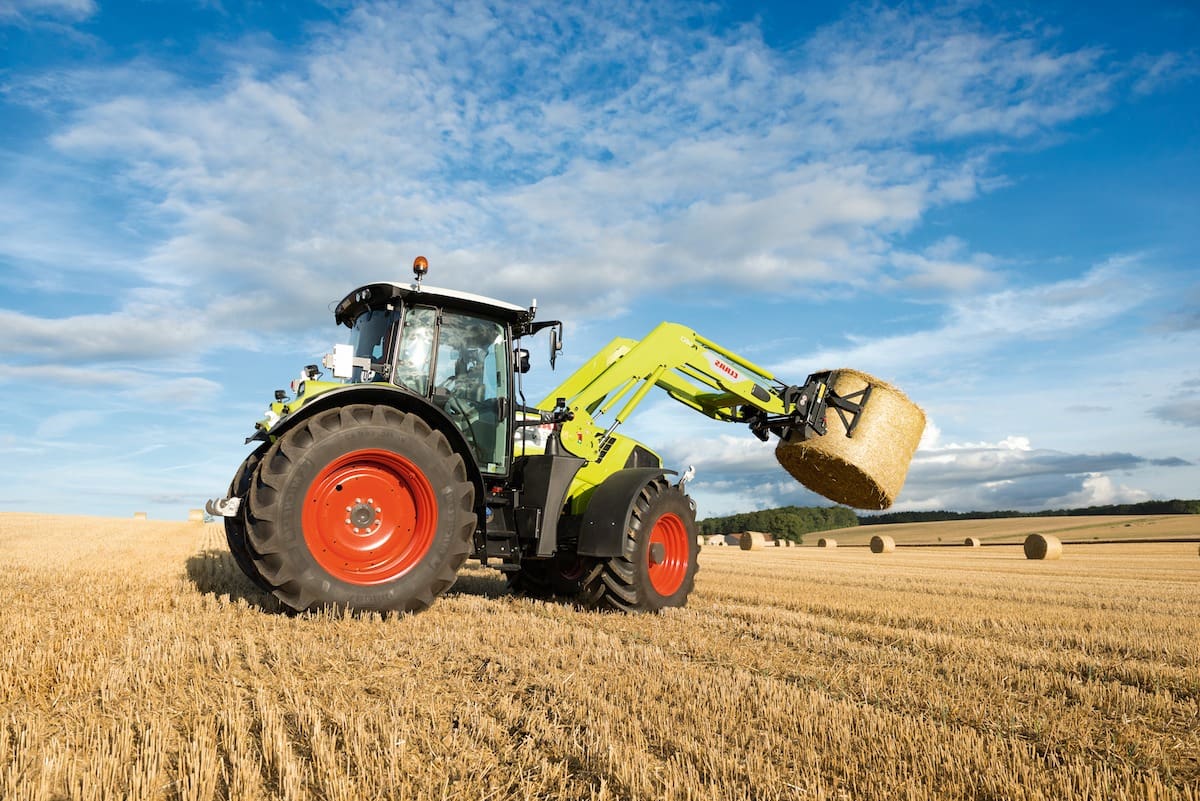
TRACTOR sales for the month of January were down 25 percent from the January 2022 figure, according to figures released by the Tractor and Machinery Association of Australia.
Sales figures in all states dropped, Western Australia by 37pc, South Australia and Victoria both down 34pc, Tasmania 24pc, New South Wales 23pc and Queensland 11pc.
Figures from the Northern Territory bucked the trend to gain 36pc.
“Sales in the large 200hp (150kw) plus range took a massive hit to be off 55pc on the same month last year,” TMA executive director Gary Northover said in the organisation’s monthly update.
Sales in all machine categories were down in January, the under 30kw category by 4pc, the 30-75kw range by 24pc, and the 75-150kw category 36pc.
“Sales of combine harvesters remained strong in January, supplying the back end of this year’s harvest with a further 27 units being delivered in the month.”
Baler sales were up 10pc on the January 2022 results, but figures for out-front mowers continued their downward trend, sliding 21pc over the month.
“Despite the slow start to the year, the outlook for 2023 remains positive, particularly for the first half leading up to the conclusion of the Temporary Full Expensing Program which ends in June.
“Supply of machines is showing some signs of improvement, and hopefully a levelling out of prices as most of the supply-chain issues are resolved.”
Mr Northover said much of Australia’s market for agricultural machinery was now in the hands of corporate and professional owners who tended to manage their machinery fleets based on three to five-year purchasing cycles.
“Given that the current boom conditions begun over two years ago, we expect that there will be a steady demand for machinery once this peak has passed.
“In other words, we do anticipate some pullback from the lofty heights of 2021-22 but are expecting a soft landing for the industry.”
Biosecurity checks busy on backlog
Australian media reports have cited biosecurity concerns as being the reason behind widespread delays in the release of imported motor vehicles from dockside facilities.
Mr Northover said some farm machinery was being caught up in the backlog.
“I think it’s a global issue,” Mr Northover said.
“The country is being inundated with motor vehicle imports now, and many of them have been in different areas of storage for long lengths of time.
“That could be field or paddocks.”
“It’s mostly motor vehicles, but it’s also tractors too because there are the same people inspecting them for biosecurity risks.”
“We’ve seen an unprecedented volume of machinery and vehicles, and it’s caught up at the point of inspection.”
“WA’s not going too bad; it’s Victoria that seems to be having the biggest hold-up because of the volume coming through.”



HAVE YOUR SAY